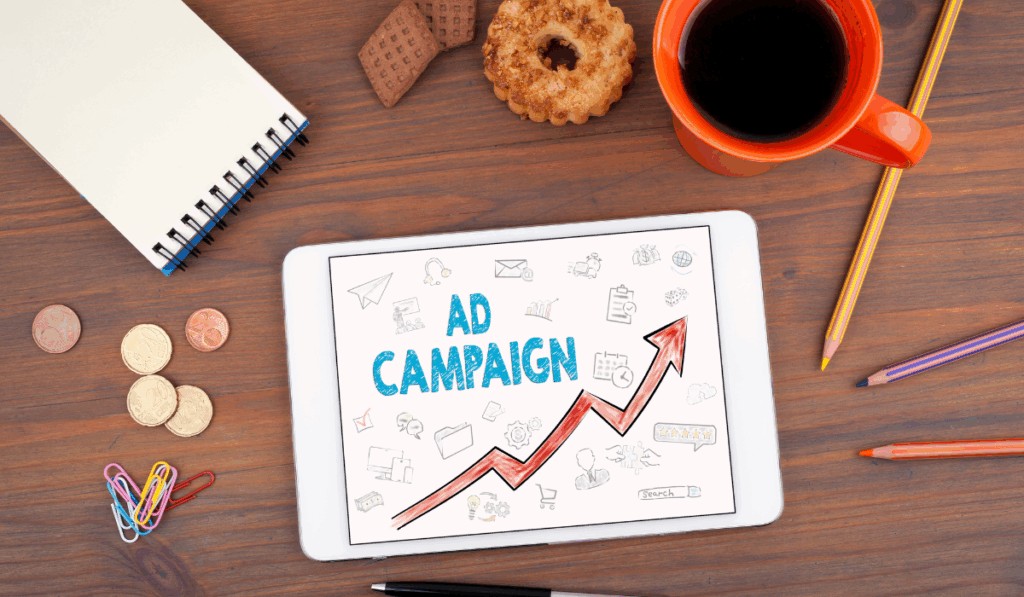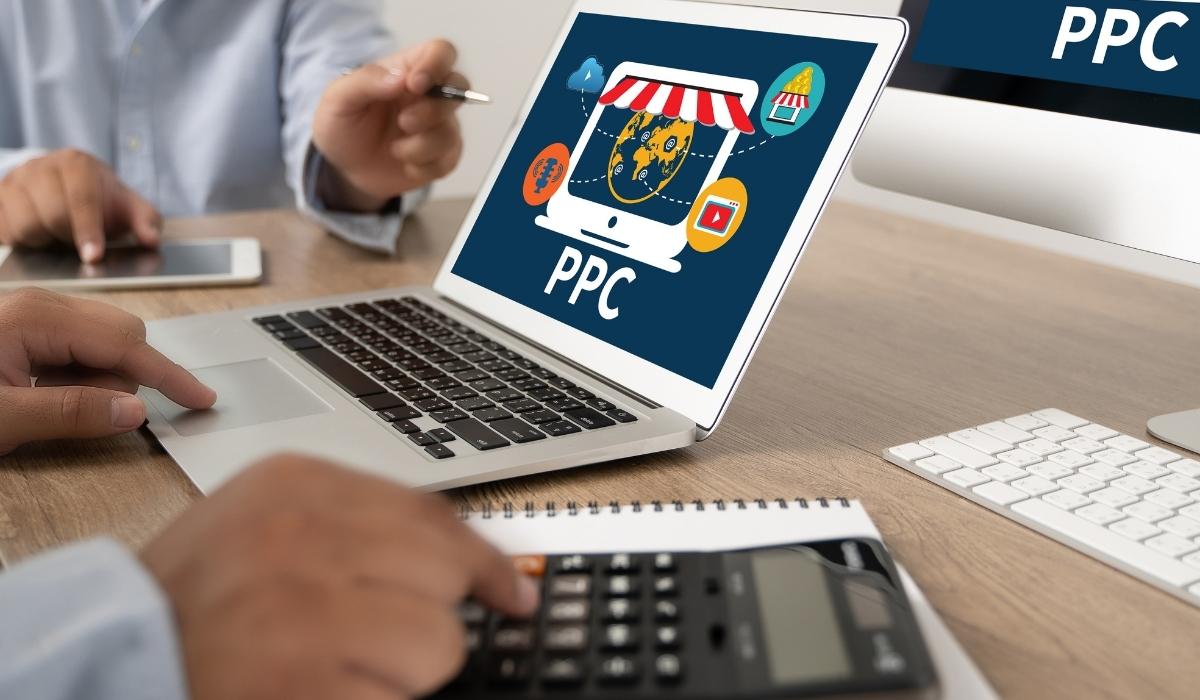In the competitive digital landscape, businesses cannot rely solely on organic growth to achieve their marketing goals.
While search engine optimization (SEO) is essential for long-term visibility, paid search services offer an immediate, measurable, and highly targeted way to reach potential customers at the exact moment they’re searching for your products or services.
Paid search, often referred to as Pay-Per-Click (PPC) advertising, is a powerful digital marketing strategy that allows businesses to place ads on search engines like Google and Bing.
These ads appear above or alongside organic search results and are triggered by specific keywords relevant to your offerings.
The beauty of paid search services lies in their ability to put your brand directly in front of motivated buyers, ensuring that every marketing dollar is spent with precision.
What Are Paid Search Services?
Paid search services encompass the strategy, creation, management, and optimization of PPC campaigns.
Unlike organic search, where rankings are earned through content and SEO efforts, paid search involves bidding on keywords so that your ads appear prominently in search results.
You only pay when someone clicks your ad, making it a cost-effective approach when managed correctly.
A comprehensive paid search service typically includes:
- Keyword Research & Selection – Identifying high-intent keywords that potential customers are using.
- Campaign Setup & Structuring – Organizing campaigns into ad groups for better targeting and performance tracking.
- Ad Creation & Copywriting – Crafting compelling ad copy that attracts clicks while aligning with brand voice.
- Bid Management – Strategically adjusting bids to balance ad position and cost efficiency.
- Landing Page Optimization – Ensuring visitors are directed to relevant, conversion-focused pages.
- Performance Monitoring & Reporting – Continuously tracking KPIs like CTR, CPC, and conversion rates to refine campaigns.
Why Paid Search Services Are Essential for Businesses
Paid search campaigns can be a game-changer for businesses of all sizes. Here’s why they’re so effective:
1. Instant Visibility
Organic SEO efforts can take months to bear fruit, but paid search ads can place your brand at the top of search results almost instantly.
This is especially valuable for new businesses or those launching new products.
2. Highly Targeted Advertising
With paid search, you can target your ads based on location, device, time of day, language, and even user behavior.
This precision ensures your budget is spent on audiences most likely to convert.
3. Measurable Results
Every aspect of a PPC campaign can be tracked — from clicks and impressions to conversions and ROI.
This transparency makes it easier to measure success and adjust strategies accordingly.
4. Cost Control
You decide how much to spend daily or monthly. Unlike traditional advertising, there’s no guesswork; you only pay when someone engages with your ad.
5. Competitive Advantage
Paid search allows you to outrank competitors, even those with strong organic SEO.
This is particularly beneficial in highly competitive industries.
How Paid Search Services Work
The core of paid search advertising revolves around a bidding system and ad relevance. Here’s a simplified breakdown:
- Choose Keywords: Through keyword research, you identify the terms potential customers are searching for.
- Set Your Bids: You set the maximum amount you’re willing to pay for a click on your ad for those keywords.
- Ad Auction: Search engines use an auction system to determine which ads appear for a given search.
- Quality Score: Google, for example, evaluates your ad’s relevance, landing page experience, and CTR to assign a Quality Score. Higher scores can lower your cost-per-click.
- Ad Placement: Your ad’s position is determined by your bid amount and Quality Score combined.
- User Clicks & Conversion: When a user clicks your ad, they’re directed to your landing page. If the page is optimized, they may convert into a customer.
Types of Paid Search Campaigns
Paid search is not one-size-fits-all. Depending on your goals, there are several campaign types:
1. Search Ads
Text-based ads that appear on search engine results pages when someone searches for targeted keywords.
2. Display Ads
Visual banner ads that appear on websites within a search engine’s display network. These help with brand awareness and retargeting.
3. Shopping Ads
Product-based ads that display images, prices, and product details, ideal for eCommerce businesses.
4. Remarketing Campaigns
Ads targeted at people who have previously visited your site but didn’t convert, reminding them to return.
5. Local Search Ads
Targeting users searching for services in a specific geographic area, ideal for local businesses.

Best Practices for Successful Paid Search Campaigns
1. Start with Comprehensive Keyword Research
Use tools like Google Keyword Planner, SEMrush, or Ahrefs to find keywords with high intent and manageable competition.
Avoid overly broad terms that may drain your budget without delivering conversions.
2. Write Compelling Ad Copy
Your ad copy should address the searcher’s intent, highlight unique selling points, and include a clear call-to-action (CTA).
3. Optimize Landing Pages
Even the best ad will fail if it leads to a generic or irrelevant page. Ensure your landing pages are fast-loading, mobile-friendly, and designed to convert.
4. Use Negative Keywords
Negative keywords prevent your ads from appearing in irrelevant searches, saving your budget for qualified clicks.
5. Monitor and Adjust Regularly
Paid search is not “set it and forget it.” Regular monitoring allows you to optimize bids, ad copy, and targeting for better results.
6. Leverage A/B Testing
Test different versions of your ads and landing pages to see which combinations yield the best performance.
Common Challenges in Paid Search Advertising
While paid search offers incredible opportunities, businesses often face these challenges:
- High Competition: Competitive keywords can drive up costs, especially in industries like legal, finance, and healthcare.
- Click Fraud: Competitors or bots may click on your ads to drain your budget.
- Poor Ad Relevance: Low Quality Scores can increase costs and decrease visibility.
- Insufficient Tracking: Without proper tracking, it’s difficult to determine which ads are delivering ROI.
These challenges highlight the importance of professional paid search services to navigate the complexities and maximize results.
The Role of a Paid Search Agency
A professional paid search agency can help you avoid costly mistakes and unlock the full potential of your advertising budget.
Agencies bring expertise, tools, and ongoing optimization strategies to ensure your campaigns remain competitive and profitable.
Key benefits of working with a paid search service provider include:
- Expert Keyword Selection
- Ad Creative & Testing
- Bid Strategy Optimization
- Advanced Audience Targeting
- Comprehensive Reporting
- Scalability of Campaigns
Measuring Success in Paid Search
The success of a paid search campaign should be evaluated using key performance indicators (KPIs), such as:
- Click-Through Rate (CTR) – Measures how often people click your ad after seeing it.
- Conversion Rate (CVR) – The percentage of clicks that result in a desired action.
- Cost-Per-Click (CPC) – How much you pay for each click.
- Return on Ad Spend (ROAS) – Revenue generated for every dollar spent on ads.
- Quality Score – An overall measure of ad relevance and landing page quality.
Future Trends in Paid Search
As digital marketing evolves, paid search services are also adapting. Some emerging trends include:
- AI-Powered Bidding – Automated bidding strategies powered by artificial intelligence.
- Voice Search Optimization – Targeting conversational queries as voice assistants grow in popularity.
- Hyper-Personalization – Using data to deliver tailored ad experiences to individual users.
- Video Search Ads – Integrating video content into search advertising for higher engagement.
Conclusion
Paid search services are one of the fastest and most effective ways to put your business in front of high-intent customers.
Whether you’re aiming for brand awareness, lead generation, or eCommerce sales, a well-managed PPC campaign can deliver exceptional results.
The key lies in strategic planning, precise targeting, ongoing optimization, and performance tracking.
With the right expertise and tools, paid search isn’t just an advertising channel — it’s a growth engine capable of driving measurable ROI and keeping your business competitive in a fast-moving digital marketplace.
FAQs
What are paid search services?
Paid search services involve creating and managing online advertising campaigns where businesses pay to have their ads displayed on search engines like Google or Bing. These ads are triggered by specific keywords, and you typically pay only when someone clicks on your ad (Pay-Per-Click model).
How do paid search services work?
Paid search operates on a bidding system. Advertisers bid on relevant keywords, and when a user searches for those terms, search engines run an auction to determine which ads appear and in what order. Ad placement is influenced by factors like bid amount, ad relevance, and Quality Score.
Why should my business use paid search?
Paid search provides instant visibility, precise targeting, and measurable results. Unlike SEO, which can take months to show results, paid search can drive traffic and leads almost immediately. It’s also highly adaptable, allowing you to adjust campaigns in real-time based on performance.
What’s the difference between paid search and SEO?
Paid search delivers immediate results by placing ads at the top of search results, but you pay for each click. SEO focuses on improving organic rankings over time without paying per click. The best strategy often combines both for maximum visibility.
How much do paid search services cost?
Costs vary depending on your industry, target keywords, and competition. You can set a daily or monthly budget, and you’ll only pay when someone clicks your ad. Many businesses start with a few hundred dollars a month and scale up as they see results.
What is a Quality Score and why does it matter?
Quality Score is a metric used by platforms like Google Ads to measure the relevance and quality of your ads, keywords, and landing pages. A higher Quality Score can lower your cost-per-click and improve your ad’s placement in search results.
Can paid search help local businesses?
Yes, paid search is highly effective for local businesses. You can target ads to specific geographic areas, ensuring your message reaches people near your location who are actively searching for your products or services.
What types of ads can I run with paid search?
Common types include text search ads, display ads, shopping/product ads, and remarketing ads. Your choice will depend on your goals — whether it’s direct sales, lead generation, or brand awareness.
How long does it take to see results from paid search?
Results can be seen almost immediately after your campaign launches. However, optimizing performance and achieving the best ROI usually requires ongoing adjustments over several weeks or months.
Can I run paid search campaigns myself?
While it’s possible to manage campaigns yourself, hiring a professional agency can save time, reduce wasted spend, and maximize ROI. Agencies bring expertise in keyword strategy, ad copywriting, bid management, and campaign optimization.




